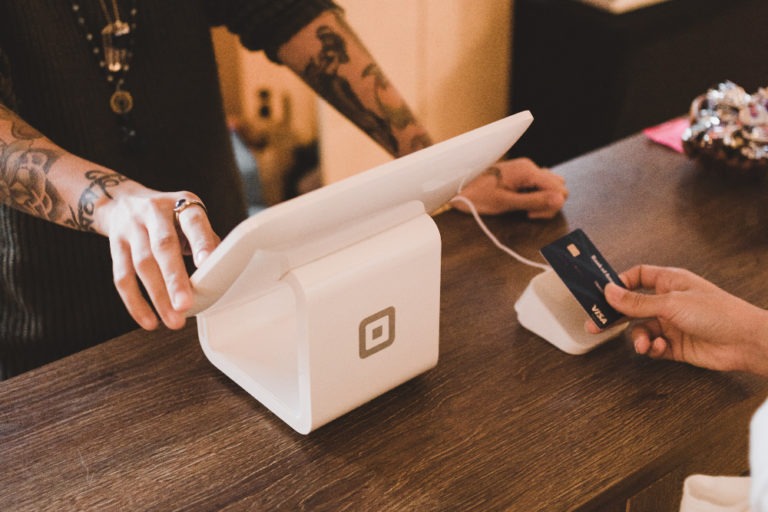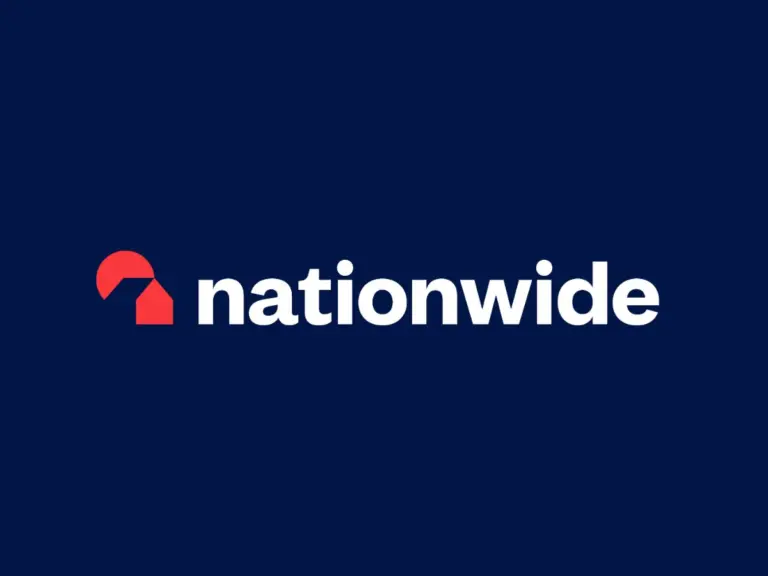Is bank switching worth it?
Money Talk is intended to inform and educate; it's not financial advice. Affiliate links, including from Amazon, are used to help fund the site. If you make a purchase via a link marked with an *, Money Talk might receive a commission at no cost to you. Find out more here.
Every now and then, banks will offer a cash incentive of between £100 and £200 if you switch your current account over to them.
It’s free money and you don’t have to declare it to HMRC for tax purposes.
But is it too good to be true? And is it worth the hassle?
With so many bank switching offers around at the moment, I wanted to look at the pros and cons of taking one up.
How does bank switching work?
Bank switching is easy, and mostly automated.
You can either do a full switch, where all your direct debits, standing orders, and income are transferred over from your old bank to your new one; or you can do a partial switch where you pick which bits you want to port over.
There are benefits to both.
Doing a full switch
On a full switch, the Current Account Switch Service (CASS) will take over behind the scenes and liaise between your old and new banks.
The switching process will take seven working days, and they will even update your employers so your salary goes to the right place.
Any payments accidentally made into your old bank account will be automatically sent on to your new account.
The process is also covered by the Current Account Switch Guarantee, which has one very important feature: If anything goes wrong with the switch, you’ll be refunded any interest (paid or lost) and charges incurred as a result of the fault.
However, your old account will be closed in the process, and this is a requisite for some switching offers.
And while most banks and building societies in the UK are signed up to CASS, some are not.
Doing a partial switch
In the partial switch, you can choose which bits to transfer to your new bank and which ones to keep with your old one.
And more importantly, your old bank account isn’t closed so you can continue to use it as your main current account.
This process can take longer though, and it isn’t covered by CASS’s guarantee.
Bank switching offers can really stack up
At £100 plus a pop, taking advantage of bank switching offers can be quite lucrative.
Lauren from Brit On A Budget told me she made over £1,000 from bank switching offers, which she was then able to use towards a house deposit.
Adam, who writes Money Savvy Daddy, has had similar success.
He said: “I love a bank switch. Typically an easy £100-£125 for all in all 30 minutes effort. £250 was the best switch I’ve had but that isn’t the norm.
“Although there are less deals at the moment, they are starting to come back. I’ve made well over £1000+ over the years.”
One blogger made £350 in just one year from switching.
Emma from Bee Money Savvy explained: “I made £350 last year just by switching banks (3 times).
“I’ve found the whole switching process very straightforward and in my opinion the £100+ bonus is well worth the small amount of effort it takes to switch.
“Plus the Current Account Switching Service pretty much takes care of everything and there’s the guarantee that if there are any mistakes you’ll get refunded any interest or charges incurred.”
Personally, I haven’t done as many switches, mainly because I’m quite happy with the setup I have at the moment.
And this is the thing: some banks have pretty decent rewards that are worth staying for and that might actually work out better value than switching.
But whenever I’ve been unhappy with a current account, it’s nice to know I can effortlessly give them the boot and make some money at the same time.
The downsides to bank switching
Different banks have different rules when it comes to switching and claiming the bonus and these have become increasing onerous in recent years.
Most of the offers these days are for premium current accounts that require a monthly service charge.
Even for free accounts, you’ll generally be expected to pay in a minimum amount of money each month and sometimes have at least two direct debits in place as well.
It means if you don’t want to use your new bank account as your main current account, you’ll have to be a bit more hands on.
I call it current account gardening, where you might have to manually move money around to cover all the requirements.
But that’s not the only downside.
Most offers are only temporary.
And you can’t be a recent customer, or have benefited from a switching offer from the same bank, or even banks in the same group recently.
The length of time it takes for the reward to be applied to your account varies as well.
When I switched back to Halifax, the reward was in my account before my bank card even arrived.
Years ago when I switched to Lloyds, the lead time was three months.
And once, when I switched to Santander, the money simply never arrived.
After some back and forth on the phone, they begrudgingly offered a lesser amount as a “gesture of goodwill”.
It was not exactly a great way to welcome back a customer, especially given that I had originally left because they kept getting my name wrong even after I corrected them several times.
Can bank switching affect your credit score?
Yes and no.
As part of the switching process, the new bank will check your credit file and may reject your application depending on what they see.
But that’s more of an indication of the state of your existing credit score – although of course it might be for other reasons, including mistakes.
For a normal switch that goes through without any issues, it won’t affect your credit score.
However, if you apply for lots of switches in a very short period of time, say within months of each other, these will show up for anyone who checks your credit file, and may indicate that you’re in financial distress.
This can be an issue if you have an overdraft on the account, or are applying for an overdraft with your new account.
Even if you do spread the switches out, it might still affect your credit score in the long run if you only have one current account.
Lenders like to see loyalty to a bank – rightly or wrongly, it demonstrates that you’re reliable and financially stable (again, echoing that you’re not suffering from financial distress).
The longer you’ve had a bank account with the same provider, the better this is.
Making the most of bank switching offers
Most people who regularly take advantage of bank switching offers have a main current account and a “switching” current account – it’s this second account that they close each time.
This means they get all of the benefits of perceived loyalty to a bank but can still take advantage of the offers.
Plus, you won’t have to endure the hassle that comes with actually moving your main account.
Because let’s face it, even though CASS will update your employers with your new bank details, it won’t update anyone else, like any family and friends who might be sending you money, which means you’ll have to do it separately.
And if you have a linked savings or investment account for example, you’ll also have to manually update those.
So are bank switching offers worth it?
If you’re already thinking about leaving your bank, absolutely.
If you have a separate bank account just for switches, absolutely.
Any other scenario and it will probably depend on whether you can be bothered.
This post was originally published in July 2021. It was last updated July 2024.
Pin this for later








